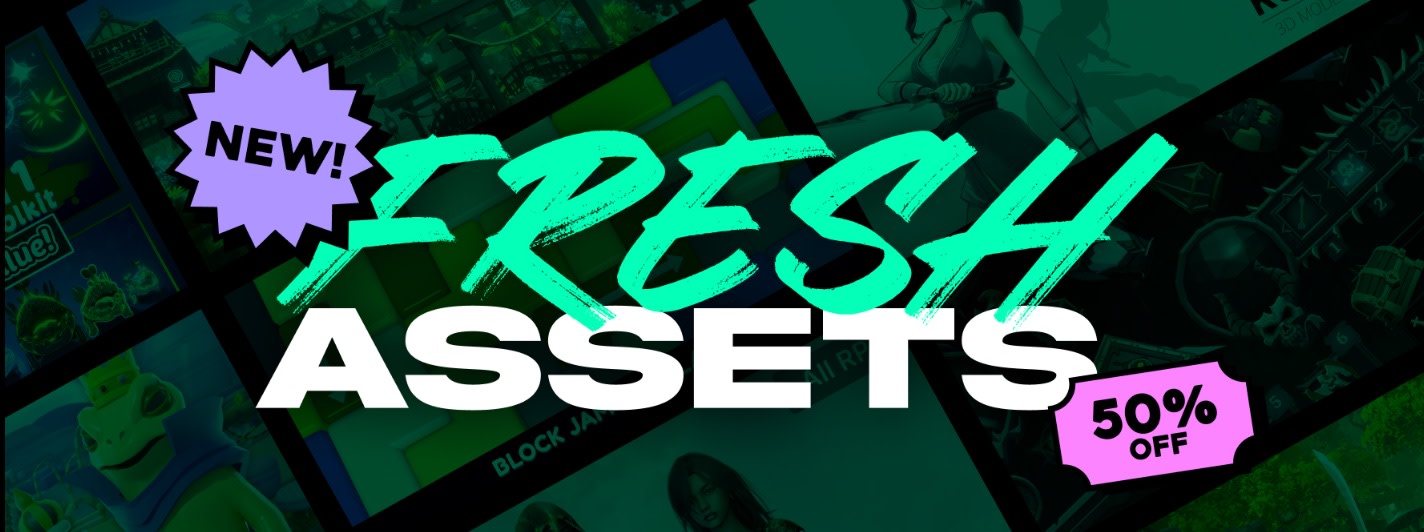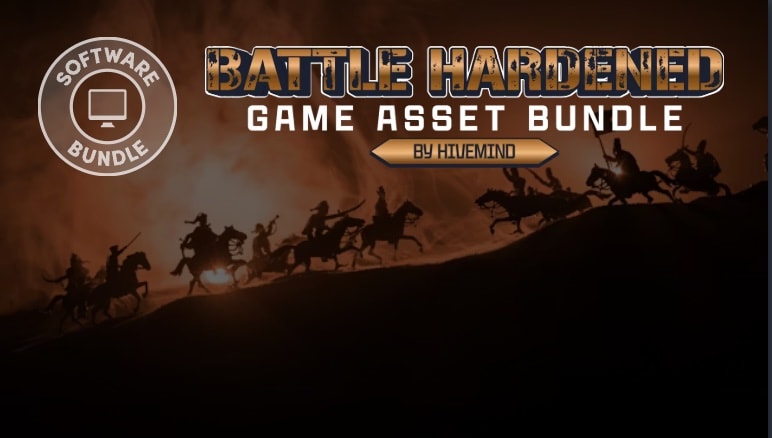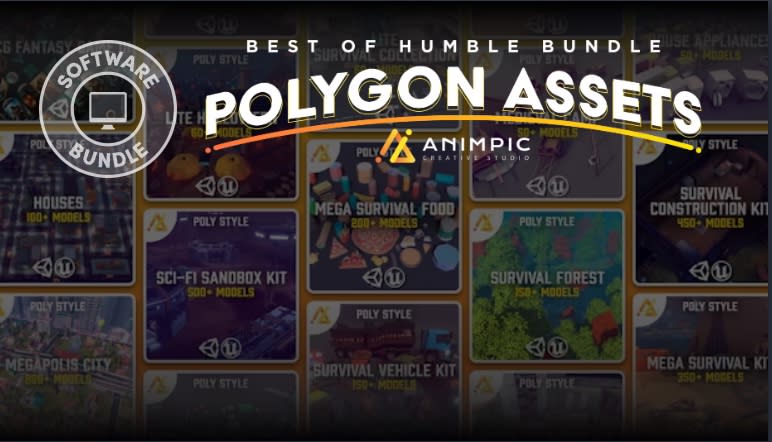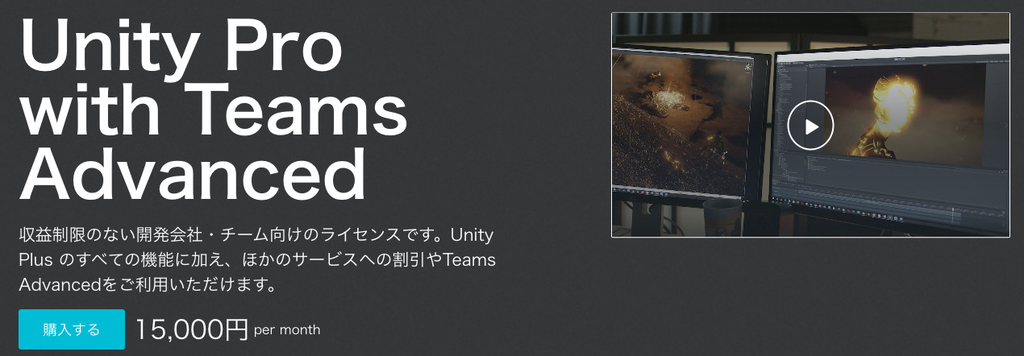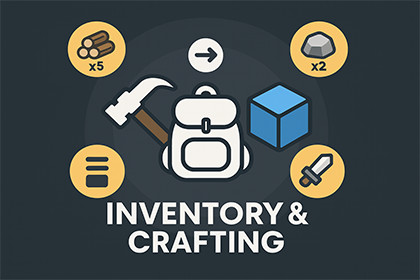
Dagger Inventory System – A lightweight and modular inventory and crafting system. Includes editor tools, item database, crafting recipes, auto-saving, and full API access.Dagger Inventory System is a lightweight, modular solution for adding an inventory and crafting system to your Unity projects.Designed for simplicity, flexibility, and performance, it integrates seamlessly into any genre, including RPGs, survival games, crafting simulators, and more.Whether you're building a prototype or a full commercial game, Dagger Inventory System provides a robust foundation for managing items, crafting recipes, and inventory persistence.Note:Since this is the inital release it is fully free, so toy around with it, and give any feedback or suggestions. I will be updating it as often as I can, and can add features to your request.✨ FeaturesModular Inventory ManagementEasily add, remove, and manage items dynamically at runtime.Auto-stacking support based on customizable maximum stack sizes.Complete Crafting SystemDefine crafting recipes with flexible requirements.Enable/disable recipes at runtime to support unlockable crafting.Customizable Item DatabaseCreate and manage all game items from a centralized ScriptableObject.Automatically assigns unique IDs to items.Store metadata: name, description, icon, max stack size.Editor ExtensionsClean, intuitive custom inspector for inventory and recipes.Foldable sections for easier organization.Drag-and-drop setup with search bars, dropdowns, and tooltips.Auto Save & LoadOptional auto-saving system to persist inventory between sessions.Save files stored securely using JSON serialization.Full API AccessEasily access, modify, or extend the inventory with provided methods.Singleton pattern for quick and safe access from any script.Runtime PersistenceOptionally make the inventory object persist between scenes.Lightweight and Clean CodeFully documented and easy to extend for advanced users.🛠 Suitable for:Survival gamesLoot-driven gamesPrototyping gameplay systems🚀 Why Choose Dagger Inventory System?No unnecessary bloat: pure C# runtime-focused asset.Fast, clean integration into new or existing projects.Professional-level editor UI — easy for developers and designers to use.Designed with performance and scalability in mind.Includes full documentation and ready-to-use examples.📚 DocumentationComes with full offline documentation, covering:InstallationSetupAPI referenceTips for customization🎯 Quick StartCreate an Item Database.Add the PlayerInventory component to your scene.Populate your item database.Create crafting recipes.Start managing items and crafting at runtime!📄 Technical DetailsScripts Included:Inventory management systemCrafting systemItem database (ScriptableObject)Editor extensions (custom inspector for inventory and crafting recipes)Files/Folders Structure:Scripts/ (Core runtime scripts)Editor/ (Custom editor scripts)Database/ (ItemDatabase asset)Demo/ (Optional demo scene and usage examples)Programming Language:C#Fully documented, clean, modular codeSerialization:Save/load system uses JSON serializationInventory data is saved to Application.persistentDataPathEditor Features:Drag-and-drop item assignmentDropdowns and search functionalityFoldable sections for inventory items and crafting recipesBuilt-in validation for item selectionSetup Instructions:Create an Item Database via Create -> Inventory System -> Item Database.Add the PlayerInventory component to a GameObject.Assign the Item Database reference in the PlayerInventory.Populate the Item Database with your game items.Define crafting recipes directly in the PlayerInventory component.Use the provided API to interact with inventory and crafting at runtime.API Summary:AddItem(int id, int count)RemoveItems(int id, int amount)HasEnoughItems(int id, int requiredAmount)GetInventory()CanCraft(CraftingRecipe recipe)Craft(CraftingRecipe recipe)SaveInventory()LoadInventory()SetPersistent(bool persistent)OnInventoryChanged eventSupported Unity Versions:2020.3 LTS and laterFully compatible with Unity 2021, 2022, and 2023 versionsLicense:Standard Unity Asset Store EULAAI was only used for debugging purposes and helping with the editor UI creation.It was also used in the documentation creation process and the marketing images.No assets were created with AI.And no outside references were ever given to the AI (only my own code).


